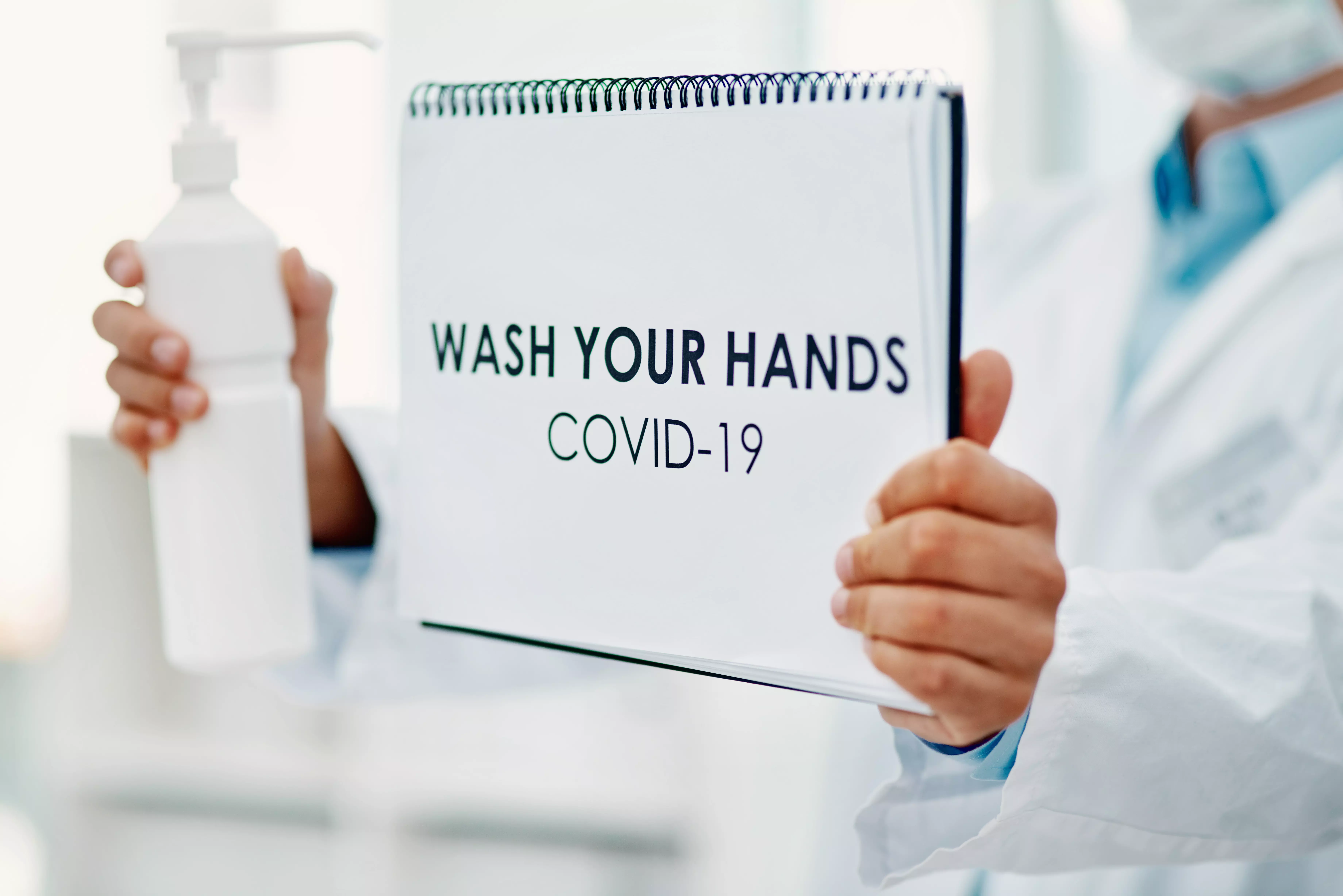COVID-19 Prevention: Best health care practices
Introduction to COVID-19 Prevention
In the face of the COVID-19 pandemic, prevention has become a key element in the fight against the spread of the virus. Public awareness and taking appropriate protective measures are essential to ensure the health of not only individuals, but also the entire community. In this article, we will discuss best health care practices that can help minimize the risk of infection.
Basic hygiene principles
One of the most important ways to protect yourself from COVID-19 is to follow hygiene principles. It is said for good reason that hand washing is the most effective way to eliminate germs. Remember the following rules:
Thorough hand washing: Use warm water and soap for at least 20 seconds, paying attention to all parts of your hands.Hand disinfection: When you don't have access to water, use an alcohol-based gel.Avoid touching your face: Especially your eyes, nose and mouth to reduce the risk of transmitting the virus. Wearing protective masks
Wearing protective masks
Wearing masks is one of the key elements in COVID-19 prevention. Surgical masks and FFP2/FFP3 masks effectively minimize the risk of person-to-person transmission of the virus. Here are some facts about wearing masks:
Masks cover the mouth and nose: They reduce the risk of exhaling droplets that may contain the virus.Use masks in public places: Especially in enclosed spaces and when meeting other people.Wear masks for symptoms: People with symptoms of infection should wear masks to protect others.Maintaining social distance
Maintaining adequate social distance is another important preventive measure. A safe distance of at least 1.5 meters will help reduce the risk of infection. A few key tips are worth remembering:
Avoid large gatherings: Limit your attendance at events where you cannot keep your distance.Prefer remote communication: Use phone calls or video conferencing whenever possible.Be cautious in public places: Try to avoid close contact with strangers.Vaccination as the key to protection
Vaccination against COVID-19 is one of the most effective tools in the fight against a pandemic. Vaccinated people have a much lower risk of getting sick and transmitting the virus. Here are some reasons to get vaccinated:
Protection against severe disease: Vaccines significantly reduce the risk of hospitalization and severe COVID-19.Social safety: The more people vaccinated, the greater the chance of achieving collective immunity.Prevention of virus mutations: Vaccination reduces the possibility of mutation of the virus by reducing its spread.Monitoring your health
An important part of prevention is monitoring one's health. Everyone should be aware of the symptoms of COVID-19 and react quickly if they occur. Here's what to look out for:
Main symptoms: Fever, cough, shortness of breath, loss of taste or smell.Observing your well-being: If you feel unwell, contact your doctor immediately.Testing: If you have symptoms or have contact with an infected person, test for COVID-19.Summary
COVID-19 prevention is everyone's responsibility. Adhering to hygiene practices, wearing masks, social distance, vaccination and health monitoring are key actions that can significantly reduce the risk of infection. Let's remember that we build health care together, and every initiative, even the smallest one, toward greater caution matters. Also, it's important to stay on top of information and health recommendations so that we can effectively take care of ourselves and others.

Add comment